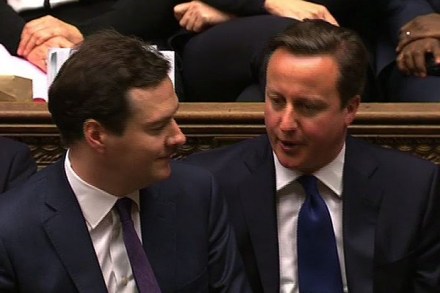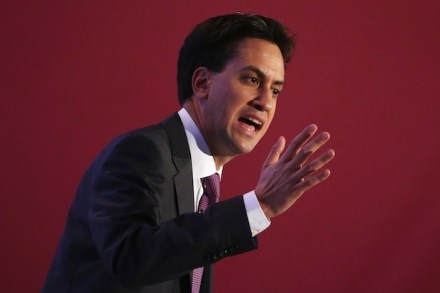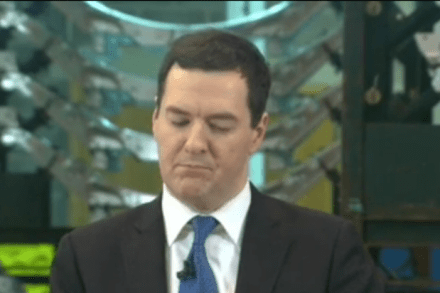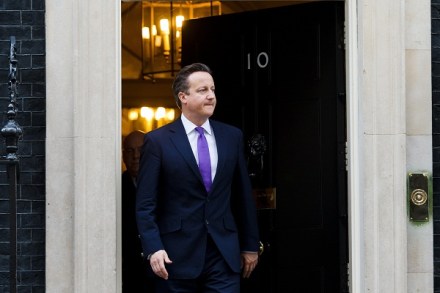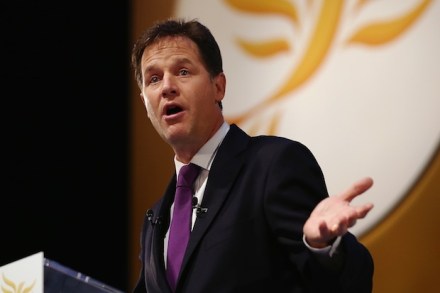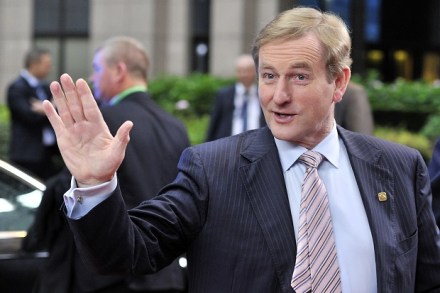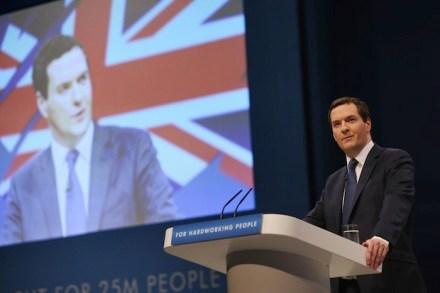The Tories’ economic tightrope
When things were going pretty badly for the Conservatives, ministers reassured one another that soon they’d be able to start hitting back at Labour with statistics. They’re doing that now – and are hitting as often as possible, even when it’s Labour’s turn to say something. Today the party has released figures to back up David Cameron’s claim at PMQs this week that people are better off, and they show that most people’s earnings are increasing by more than inflation. Now, Labour is quibbling the stats themselves, pointing out that they don’t involve benefit cuts and tax rises. But while Labour is overall losing in the battle of stats, there
